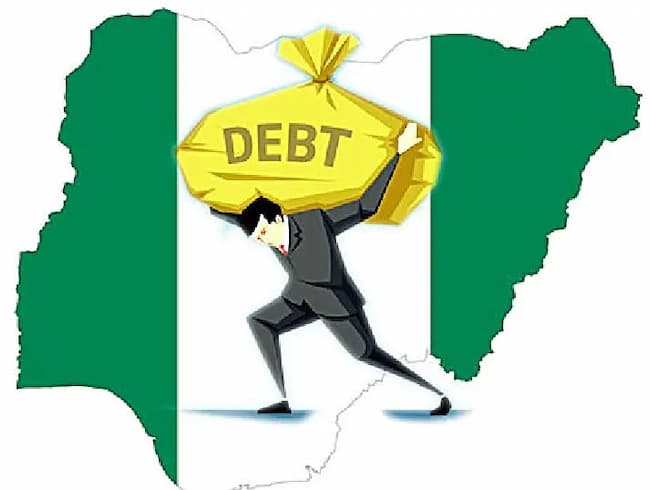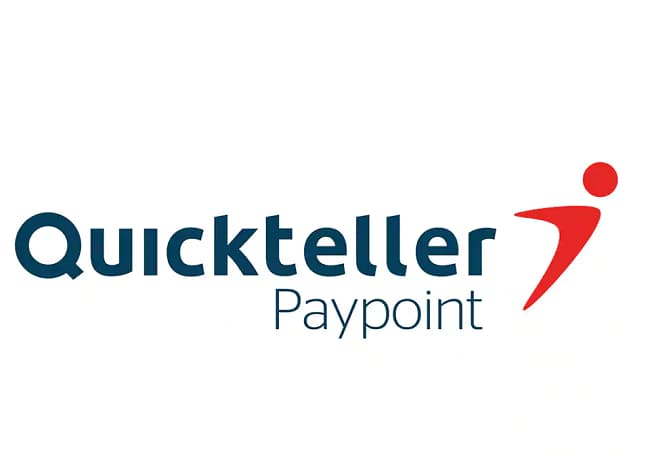According to the Debt Management Office (DMO), Nigeria’s debt-to-GDP ratio falls within the parameters set by the International Monetary Fund (IMF) and the World Bank for its peer group. In an interview with the News Agency on Tuesday in Abuja, Patience Oniha, the Director-General of the DMO, stated as much.
In response to certain media claims, Oniha stated that Nigeria’s peer group countries’ prudential ceiling on debt-to-GDP ratios was surpassed, with a ratio of 52%. She clarified that, rather than40%, the prudential ceiling for these nations was 55%.
Oniha emphasized that in order for the nation to attain faster socioeconomic development and debt sustainability, improvements in revenue creation were essential.
According to her, recent policies by the Federal Government to focus more on revenue generation are the right steps that could reduce the country’s debt burden.
“We cannot discuss growth, development, or debt without giving due consideration to revenue.
” It is now imperative that we confront revenues and take decisive actions to further strengthen our revenue streams from all sources,“she said.
She urged the Federal Government to prioritise fiscal retrenchment while assuring that the various measures to attract foreign exchange inflows would increase external reserves and support the naira exchange rate.
NAN reports that the DMO recently announced that the country’s total debt stock increased to N121.67 trillion in March, from N97.34 trillion in December 2023, indicating an increase of N24.33 trillion.
She said the increase was partly due to exchange rate fluctuations as well as securitisation of N4.90 trillion as part of the securitisation of the N7.3 trillion Ways and Means Advances approved by the National Assembly.
She, however, clarified that the total debt stock included the domestic and external debt stock of the 36 states and the Federal Capital Territory (FCT).
















